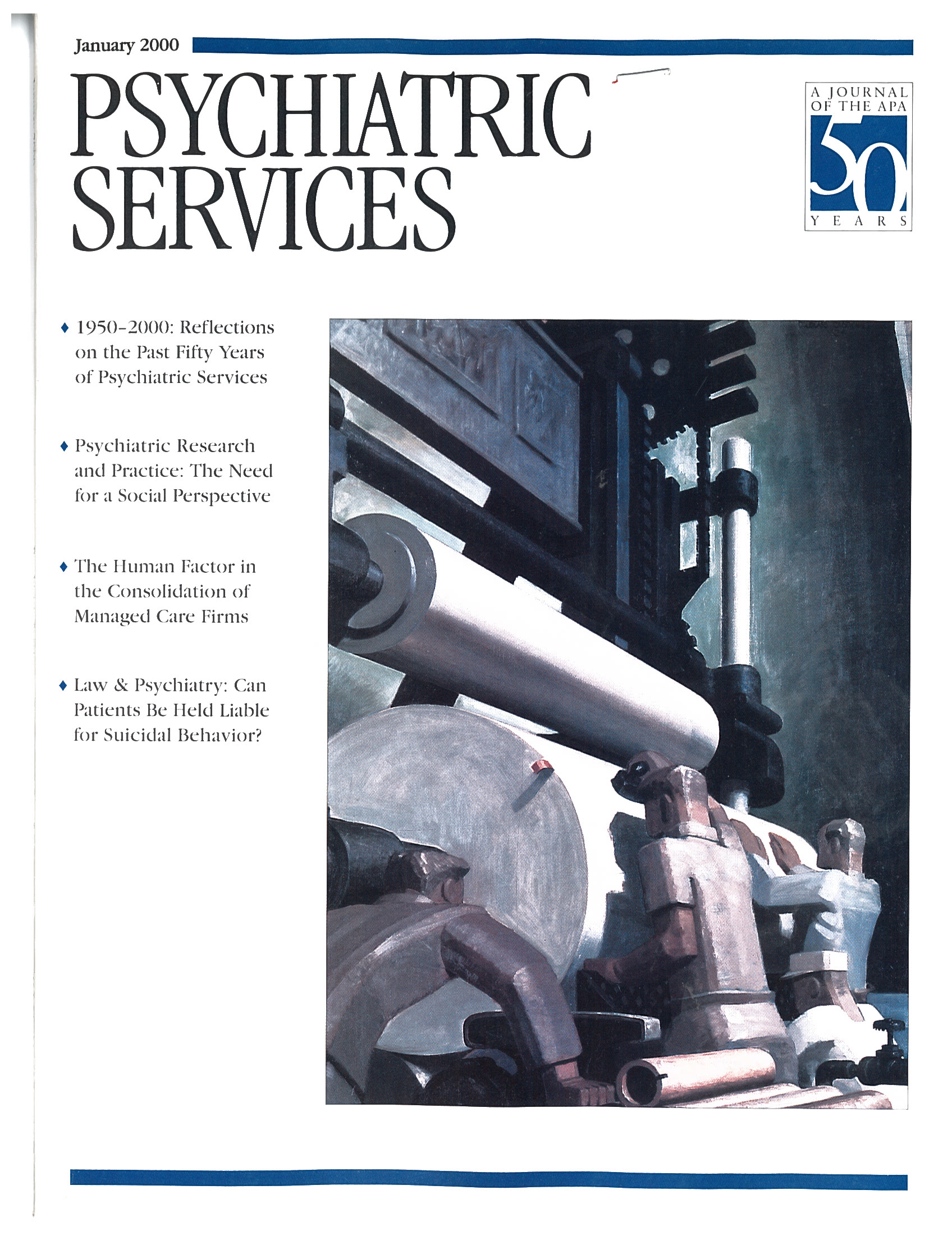Between Mind, Brain, and Managed Care: The Now and Future World of Academic Psychiatry
In recent years, psychiatrists have become increasingly and understandably preoccupied with the impact of managed care on psychiatry and psychiatric practice. Although discussion of this topic is ubiquitous, much of the discourse amounts to emotionally charged rhetoric that offers little in the way of substance, facts, or solutions. I am pleased to report that Between Mind, Brain, and Managed Care is different.
In this book, the authors provide a detailed and informative analysis of how academic psychiatry is being affected by and is adapting to the changes brought about by managed care. The senior editor and author, Dr. Roger Meyer, is uniquely suited to make this analysis, having spent more than two decades in roles that include department chair, director of a faculty practice plan, executive dean of a school of medicine, and vice-president for health affairs at a health sciences center. The book, which was written as part of a project funded by the MacArthur Foundation, benefits from Dr. Meyer's detailed understanding of the complex functioning of departments and academic health centers. Dr. Meyer adds to his own experiences by including data from surveys of departments of psychiatry around the country and in-depth case studies of six departments, outlining their specific attempts to adapt and thrive.
What emerges is a sophisticated and well-informed view of how departments of psychiatry function as complex organizations that are imbedded in and interdependent with schools of medicine and academic health science centers. Departments use diverse sources of funding to support a range of departmental missions, such as clinical innovation, research, medical student education, resident training, and junior faculty development. During periods of financial abundance, department chairs use cross-subsidies that enable all of the department's multiple missions to peacefully coexist.
Periods of financial scarcity and funding shifts, such as those brought about by managed care, create challenges in how a department employs its limited fiscal resources to serve its multiple missions. At the same time, other departments within the school of medicine and the academic health center are also engaged, and sometimes at odds, in a Darwinian struggle to adapt to and survive the changing financial conditions brought about by managed care. These stresses are compounded because the financial management, the administrative, and the personnel systems at most universities are not geared to cope with the demands of a rapidly changing, more entrepreneurial health care environment.
It's about here that Dr. Meyer's administrative maturity and therapeutic neutrality serve to soothe and calm the reader. Although he agrees that academic psychiatry must change and adapt to survive, he reminds us that the field has faced paradigm shifts in the past, and that each time the field has adapted and emerged stronger than before. He goes on to describe how, during these times of paradigm shift, visionary leaders attend to both the structure and the culture of their department to help shape its destiny.
I would highly recommend Between Mind, Brain, and Managed Care to current or aspiring leaders in academic psychiatry. The seventh and final chapter is a particularly useful summary of the core issues and essential ingredients of successful adaptation. For those of us involved in or mired in these system changes, this book turns out to be a surprisingly good read.
Dr. Thomas is associate professor of psychiatry at the University of the Colorado Health Sciences Center in Denver and medical director of Colorado Psychiatric Health and Access Behavioral Care.



